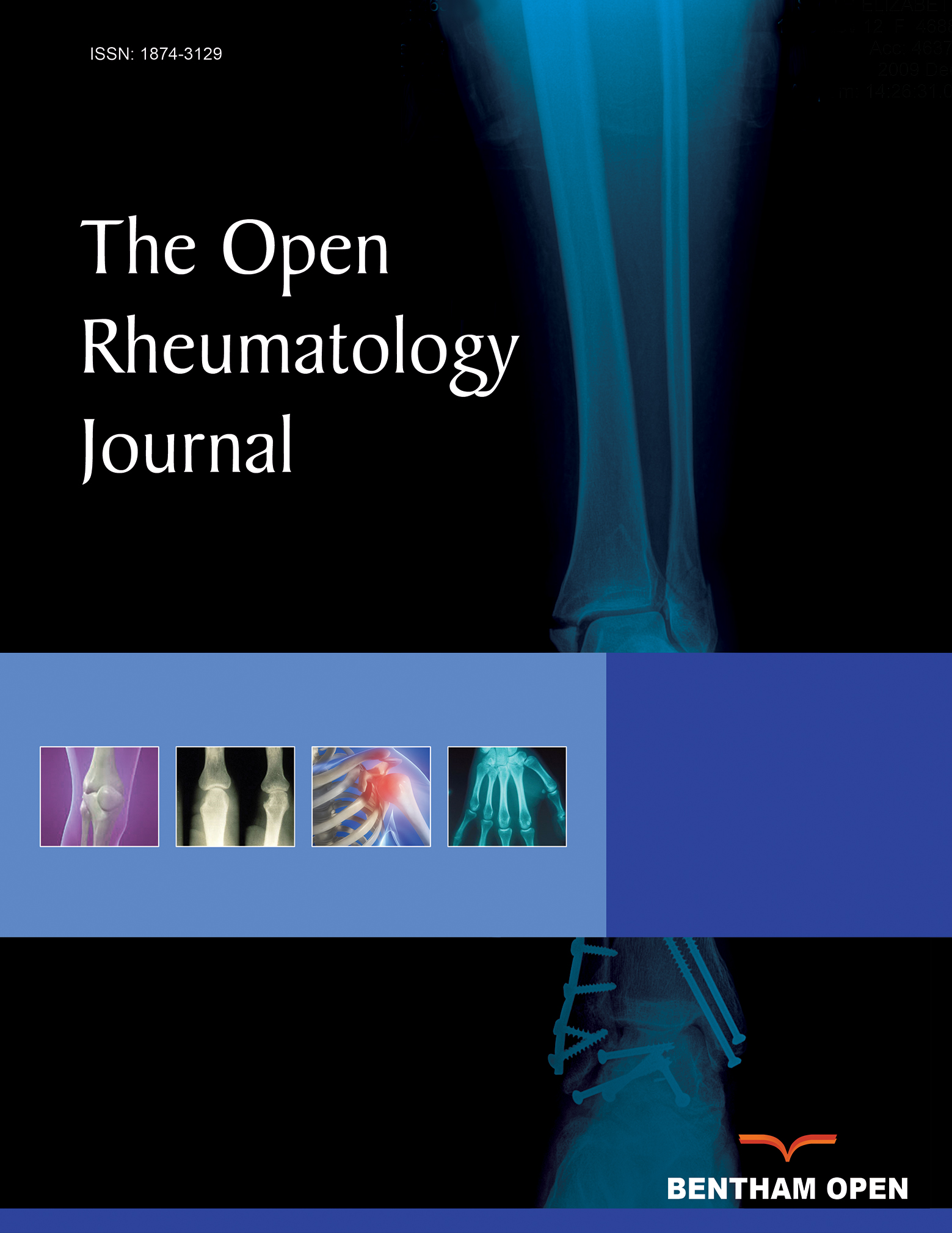All published articles of this journal are available on ScienceDirect.
Motivation for and Barriers to Participation in Clinical Trials From the Perspective of Patients With Rheumatic Diseases and Chronic Musculoskeletal Pain
Abstract
Background:
Clinical studies are indispensable for the development and clinical introduction of new therapies. Particularly in the field of rheumatology, there is a high need for the development of new drugs because for most rheumatic diseases a curative treatment is not yet available. Furthermore, a large percentage of patients are not even treated adequately with approved treatment options. Treatment is particularly challenging for those entities that belong to the so-called orphan diseases because effective drugs have yet to be developed and approval of new drugs is difficult due to the fact that only small numbers of affected patients can be recruited for clinical trials. Despite the need for new developments and thus clinical studies, patient recruitment for clinical trials in Germany is generally difficult. Therefore, sponsors frequently use non-European study centers to enroll the necessary numbers of patients as inadequate patient recruitment leads to increased costs and delayed implementation of new medical knowledge.
Objective:
Given the overall limited recruitment rates for clinical studies in Germany, it was the aim of this work to gain insights into motivations for and barriers to participating in clinical trials in Germany from the patients’ point of view.
Methods:
Data was collected using a structured questionnaire in three groups of patients who are suffering from a rheumatic disease and are receiving specialist care. The completely anonymous questionnaire included a total of 32 questions, divided into four main topics. All questions could only be answered by yes or no or by selecting or not selecting a choice of the answer provided. Per question, proportions of patients selecting yes or no or any of the choices were compared between groups and between males and females.
Results:
It was found that there is a lack of education and knowledge about the nature and offer of clinical trials among patients with rheumatic diseases. This issue represents one of the main barriers to patient recruitment for clinical trials. In addition, a large proportion of patients are concerned about the possible adverse effects of study drugs and about being used as “guinea pigs”. While the internet and daily newspapers are rarely used for education regarding study participation, it became clear that the family doctor as a trusted person and possible network partner has a special role in improving patient willingness to participate in trials. Furthermore, interviewees hope for shorter waiting times at the doctor's office and a better, regular, more intensive medical care when participating in a clinical trial.
Conclusion:
Better and broader information of patients can be regarded as a key to better recruitment for clinical trials since many patients, on the one hand, have certain concerns about clinical trials but at the same time do see the potential for personal advantages when participating in a trial. Information events by patient organizations and specialist centers could be a way to reach out to patients and to break down barriers with regard to participation in clinical trials. Presentations by sponsors and established clinical trial centers and intensified networking with general practitioners and specialists could probably also enhance patient recruitment.


